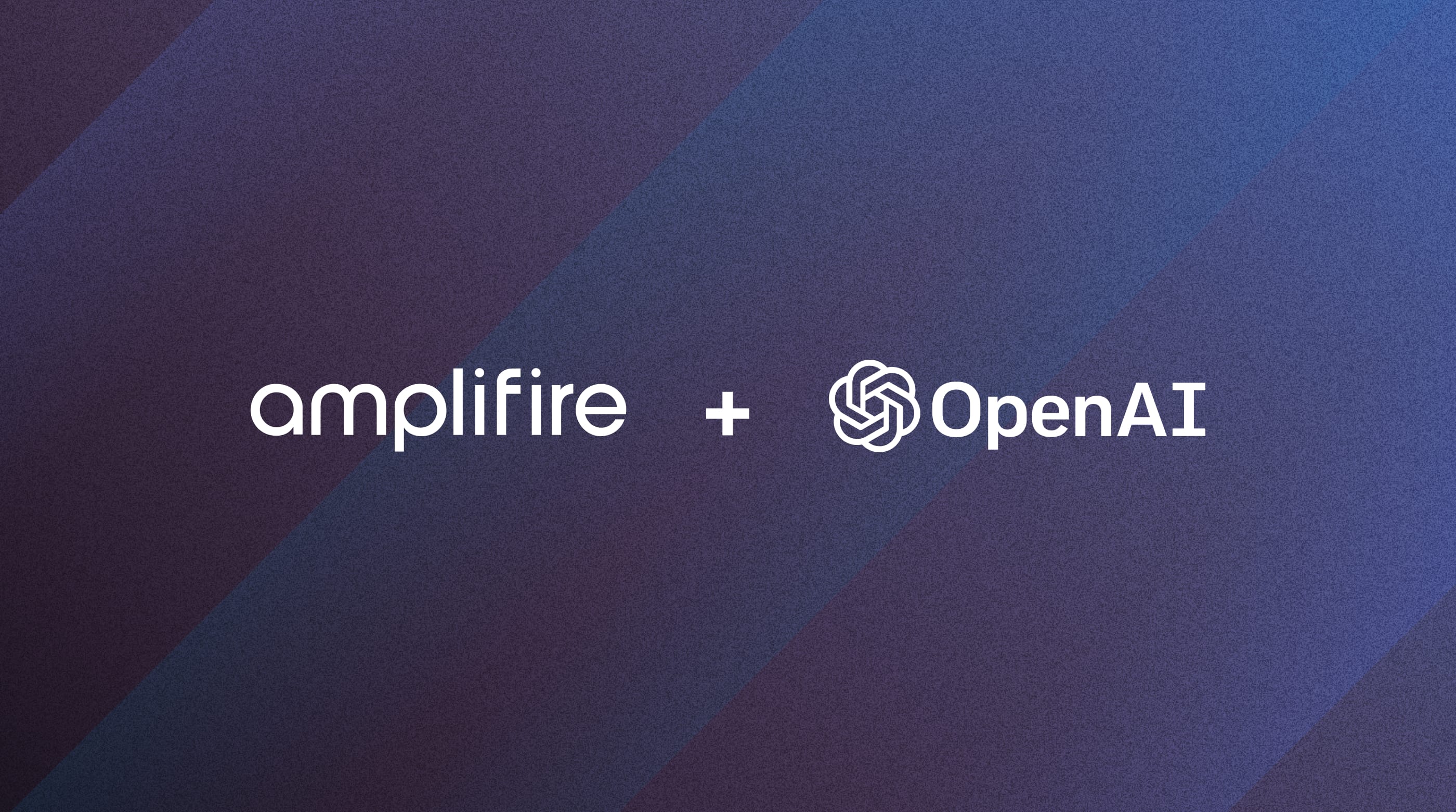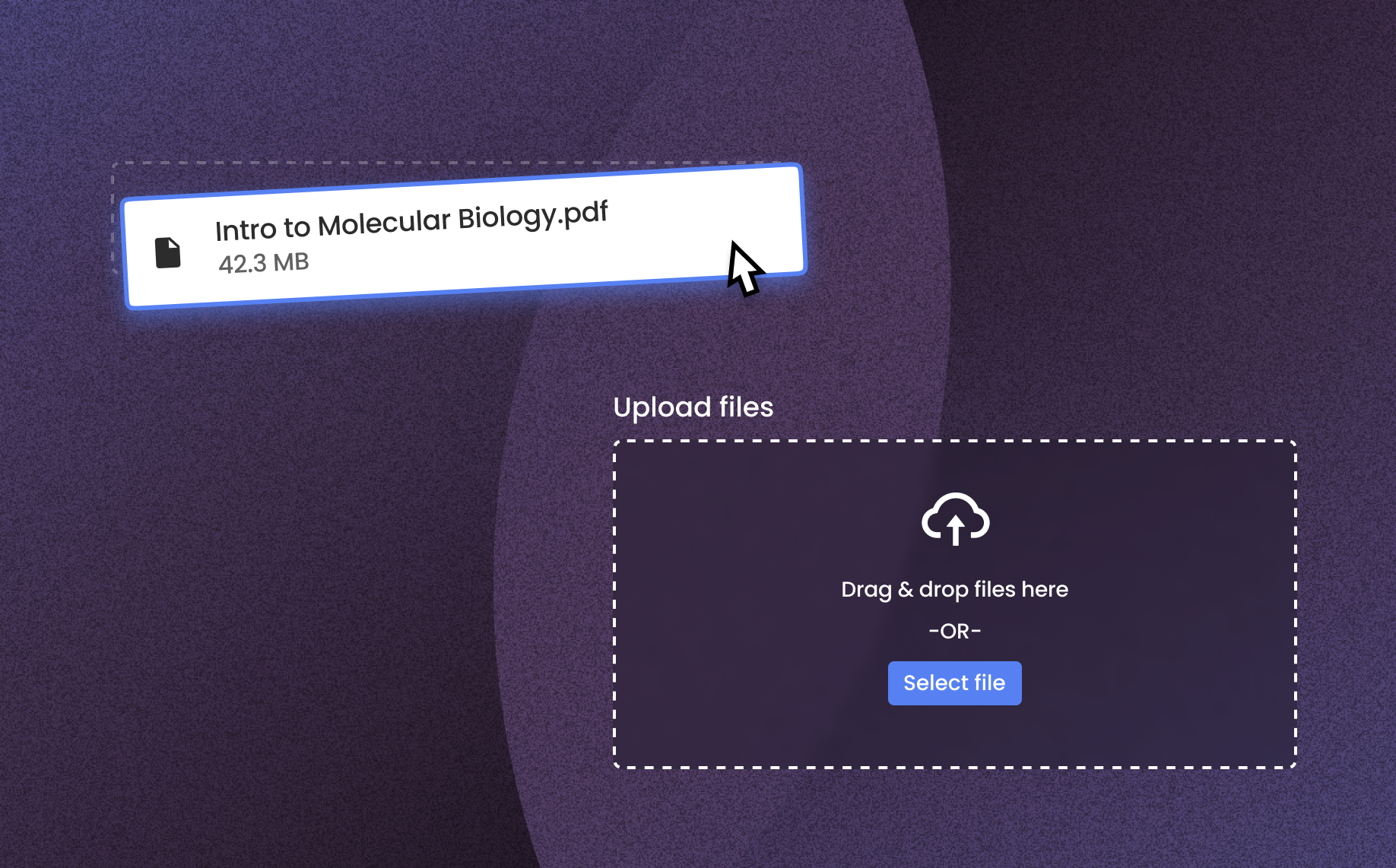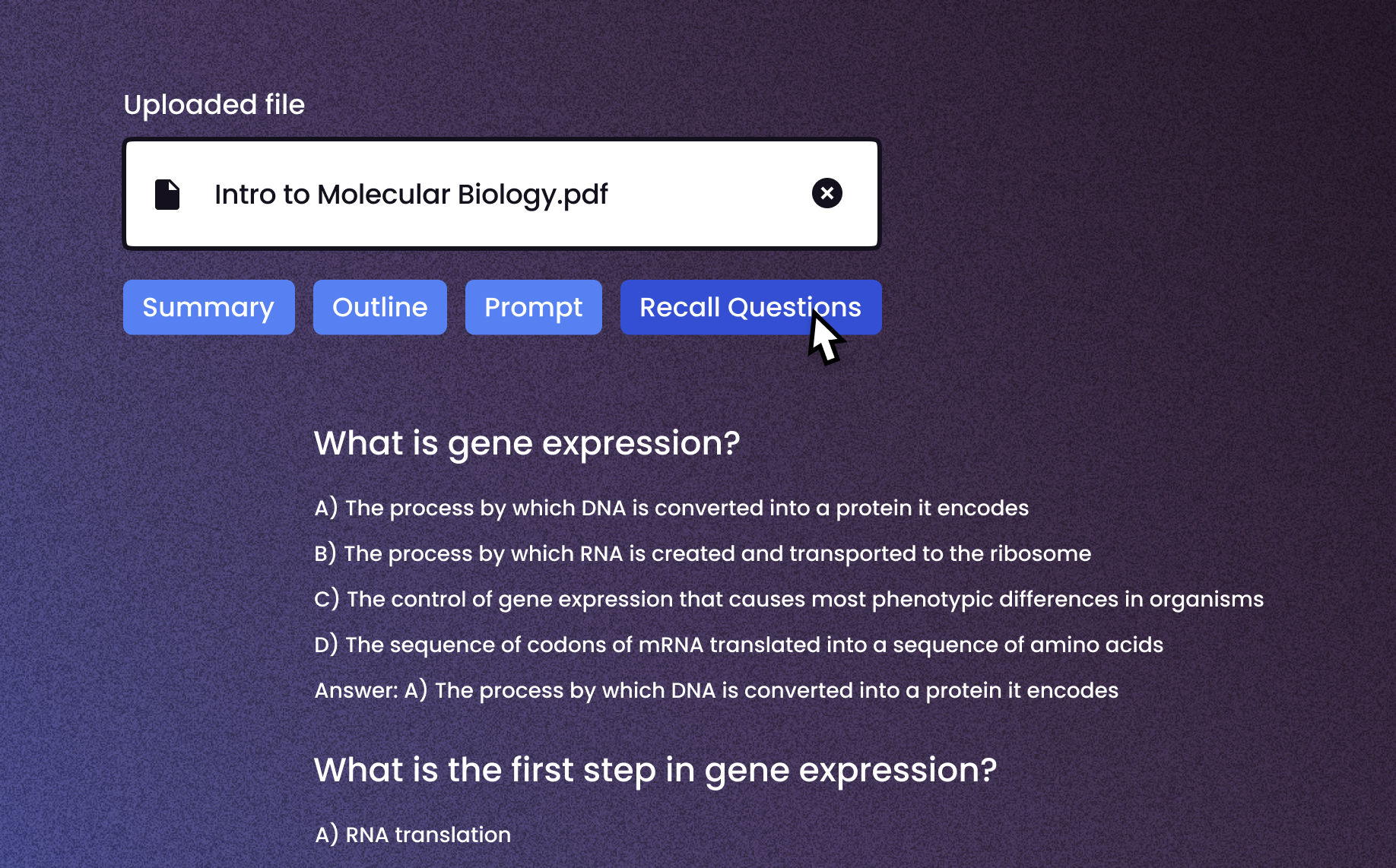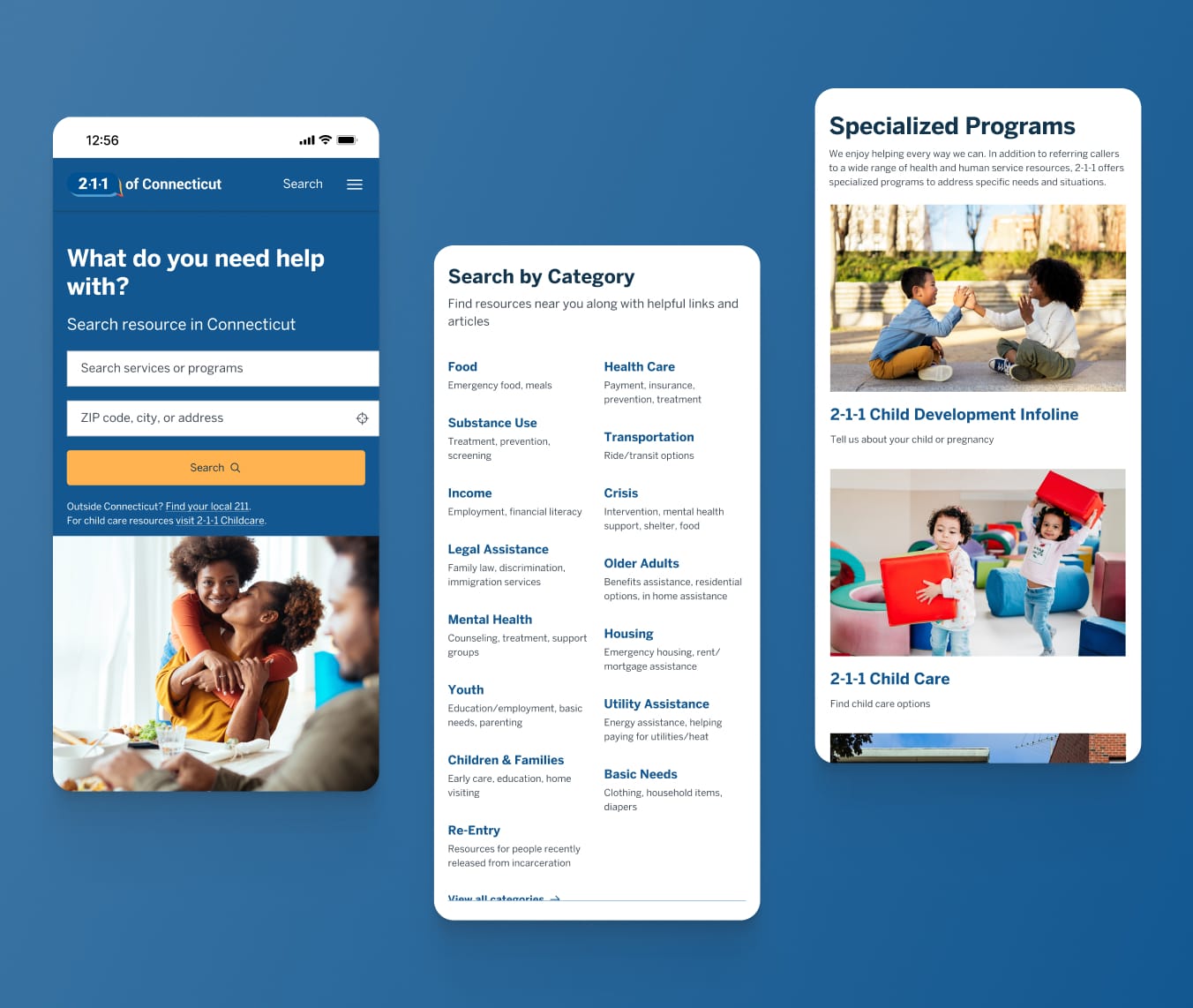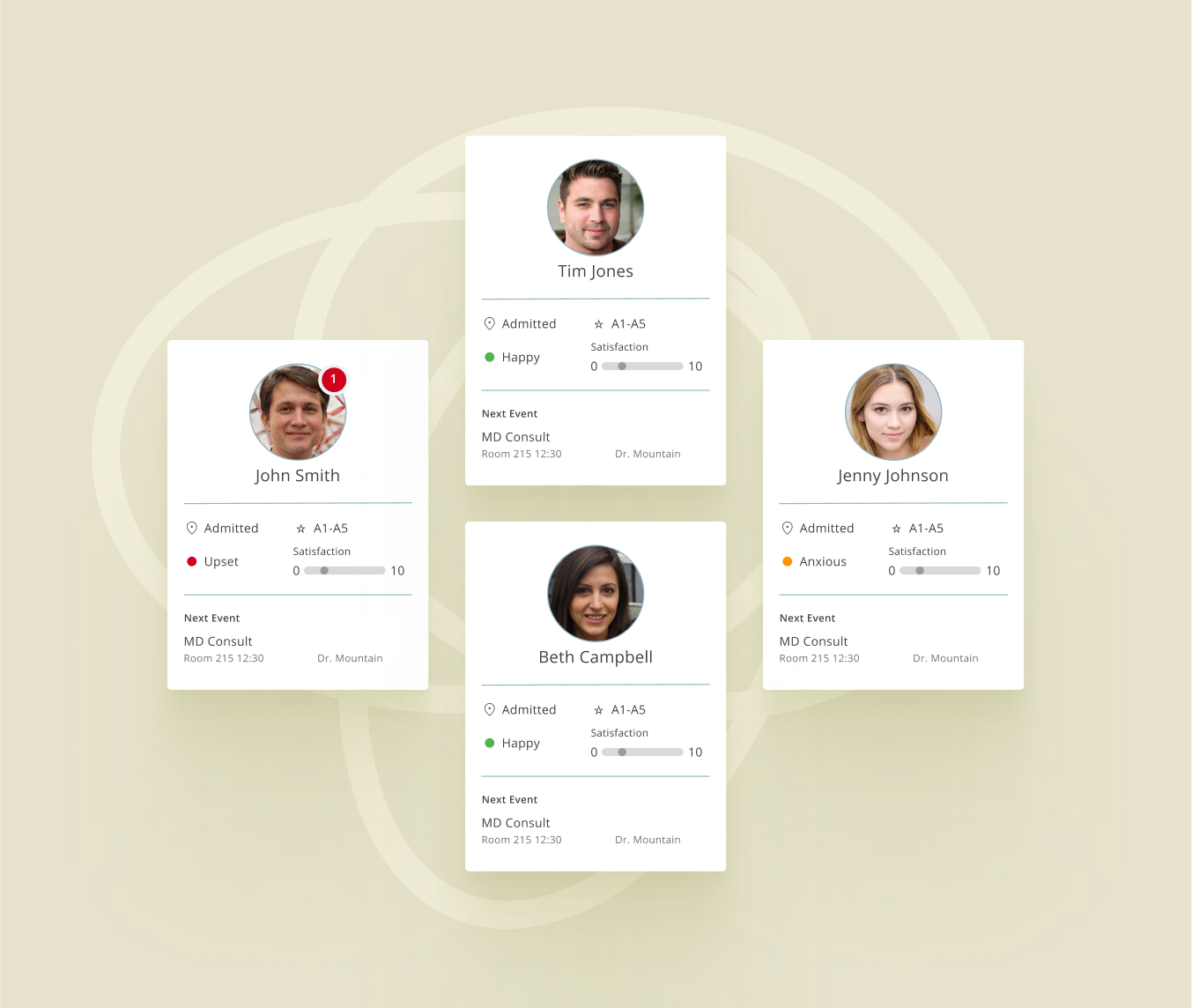The Opportunity Develop a Proof of Concept to Use Generative AI to Automate Content Authoring
Amplifire is an e-learning platform that utilizes cognitive science principles to help individuals and organizations improve their knowledge retention and critical thinking skills. The platform employs a unique approach that involves targeted questioning and feedback loops to optimize learning and retention. Amplifire’s AI-powered algorithm adapts to each user’s performance, delivering personalized experiences designed to enhance learning outcomes, boost confidence, and improve decision-making abilities across various industries and disciplines.
Aside from their learning platform, Amplifire offers instructional development services to their clients who need help creating training modules. Authors often must ingest copious amounts of data and material to develop course curricula and assessments. With the popularity of ChatGPT and other AI for content generation, Amplifire sought to use these tools as a valuable way to streamline course development processes. The newly released OpenAI API is now available for business applications, making it an attractive option for Amplifire to leverage.
